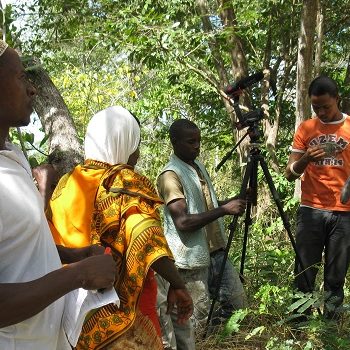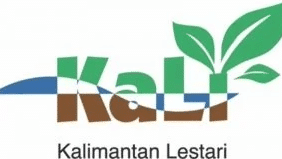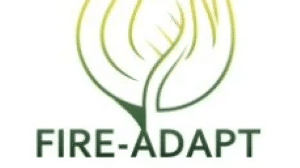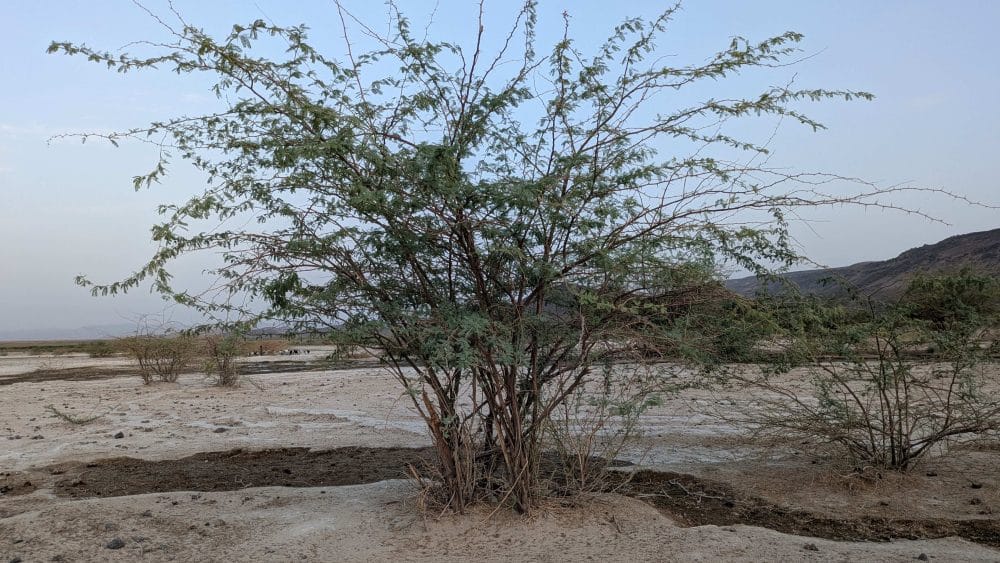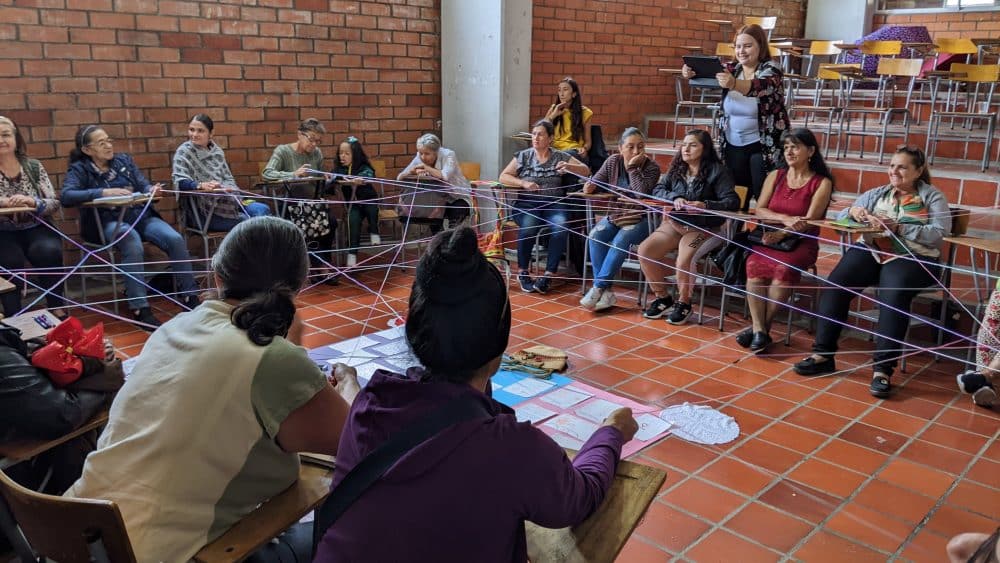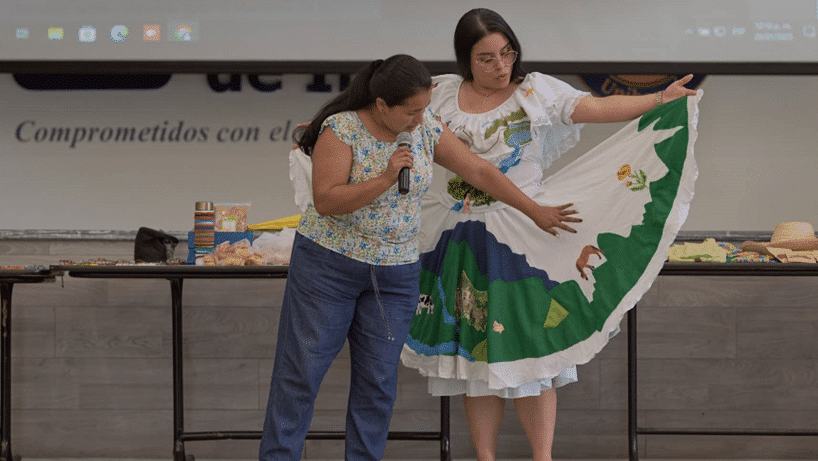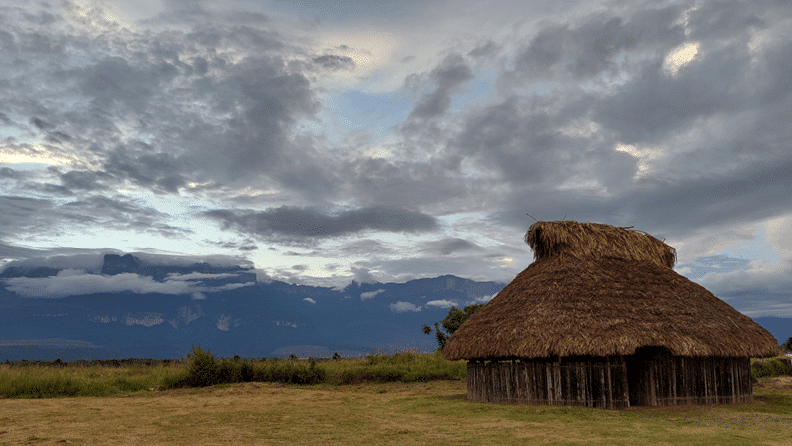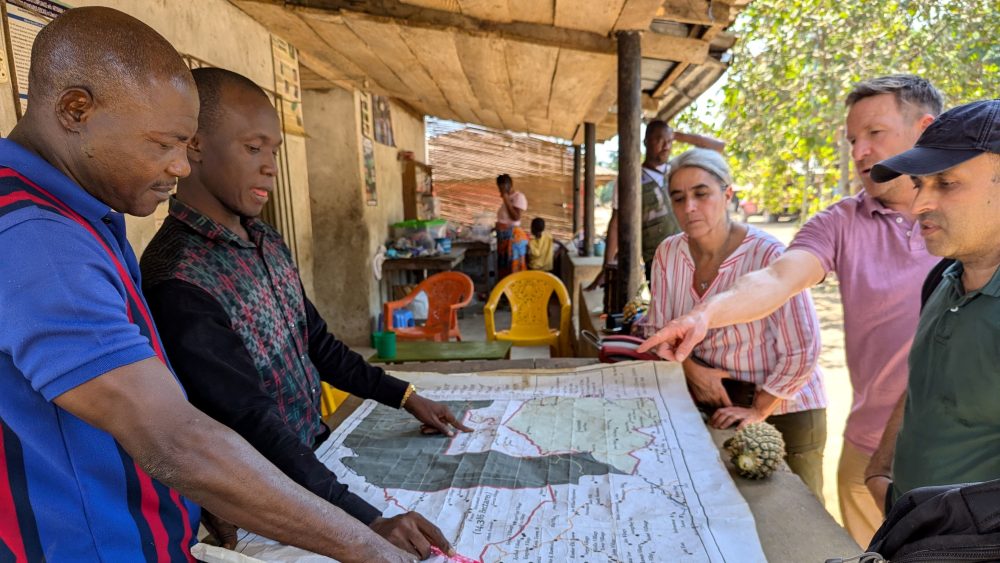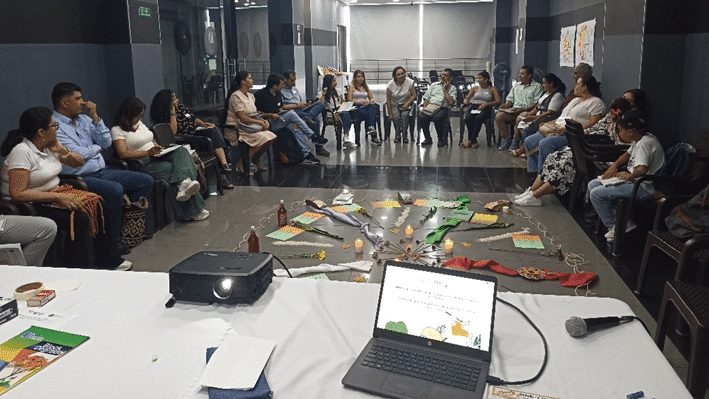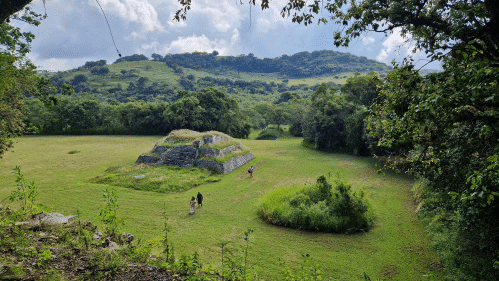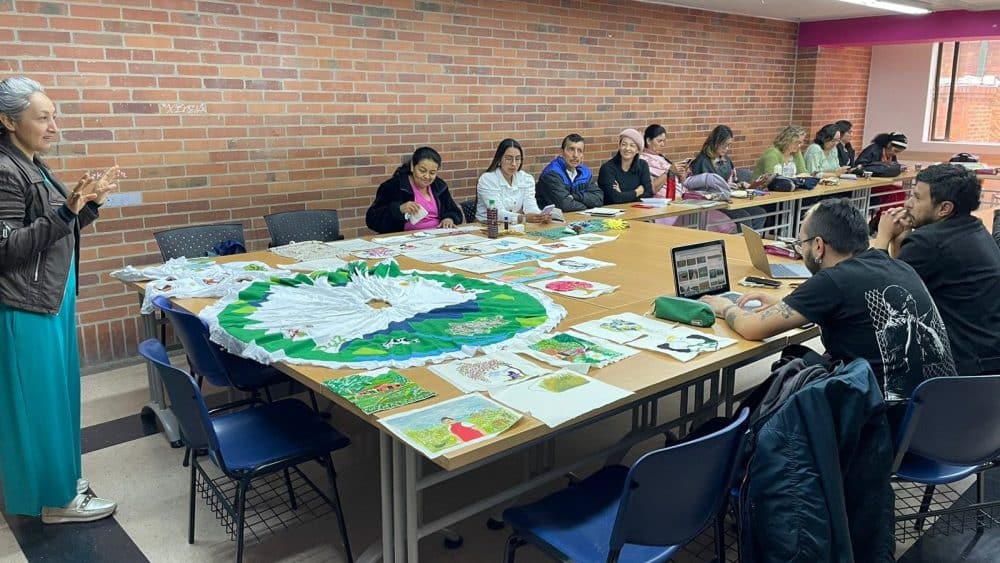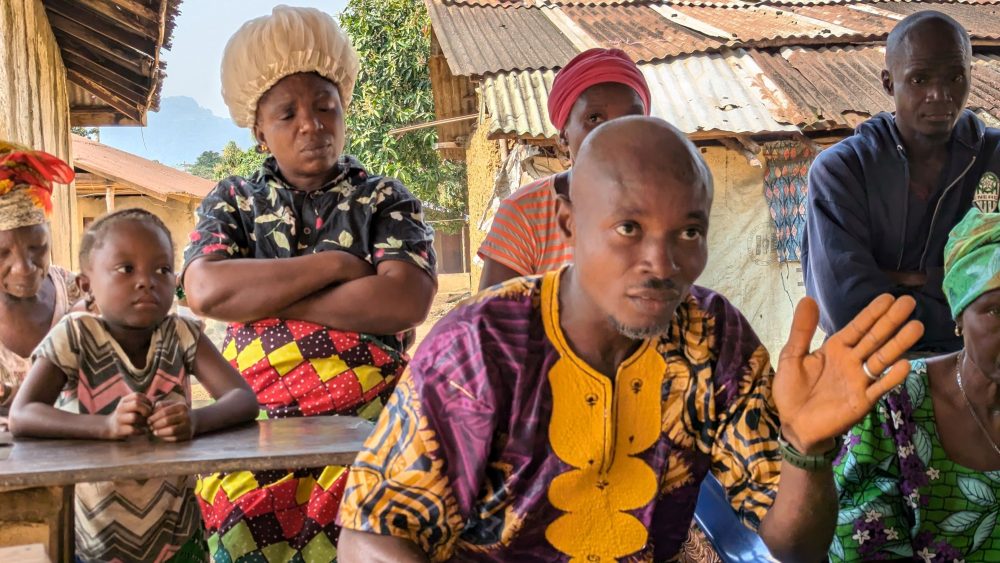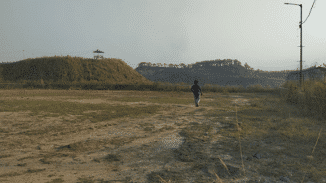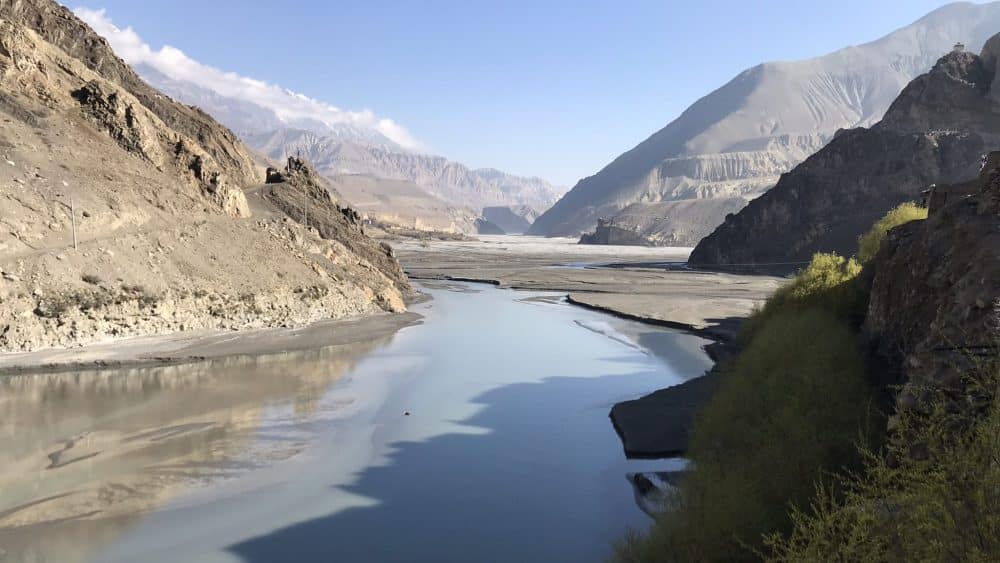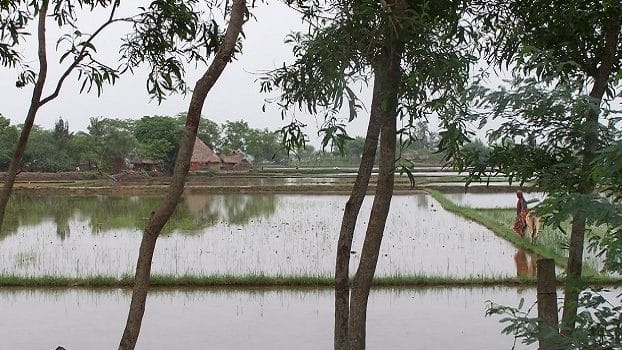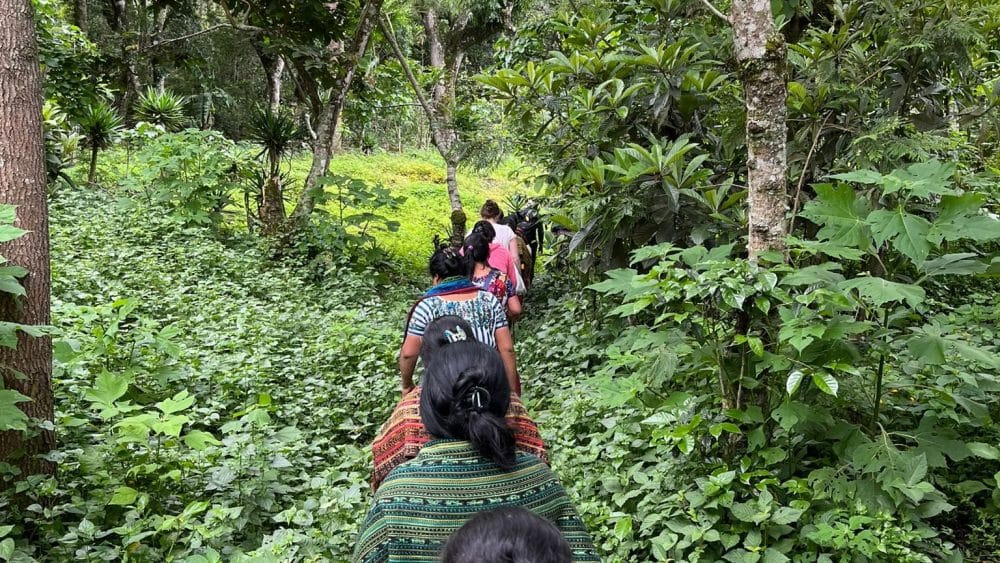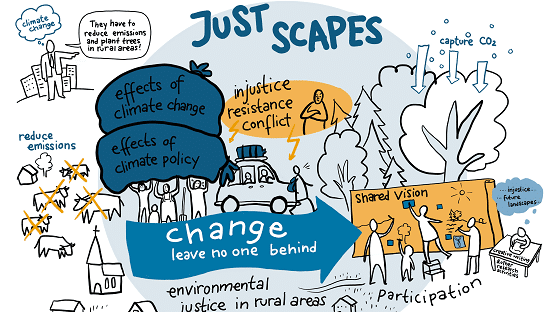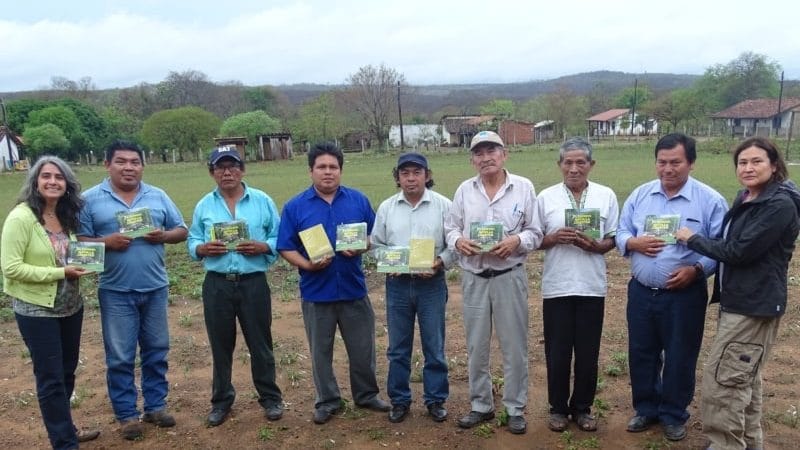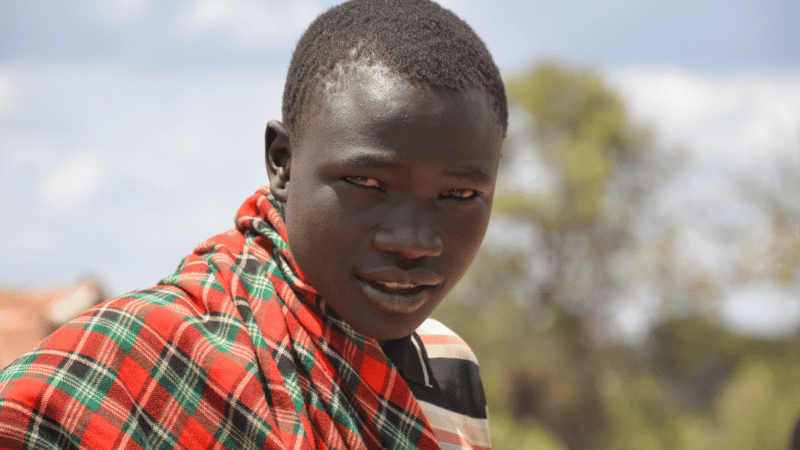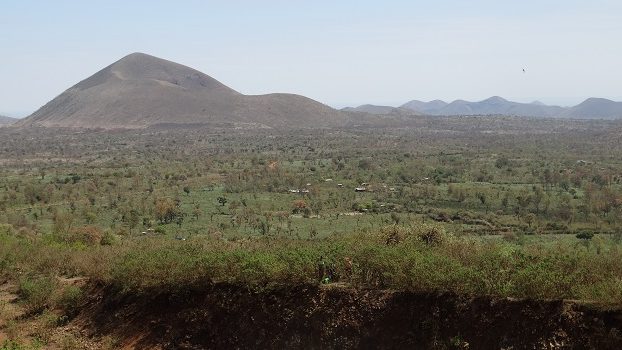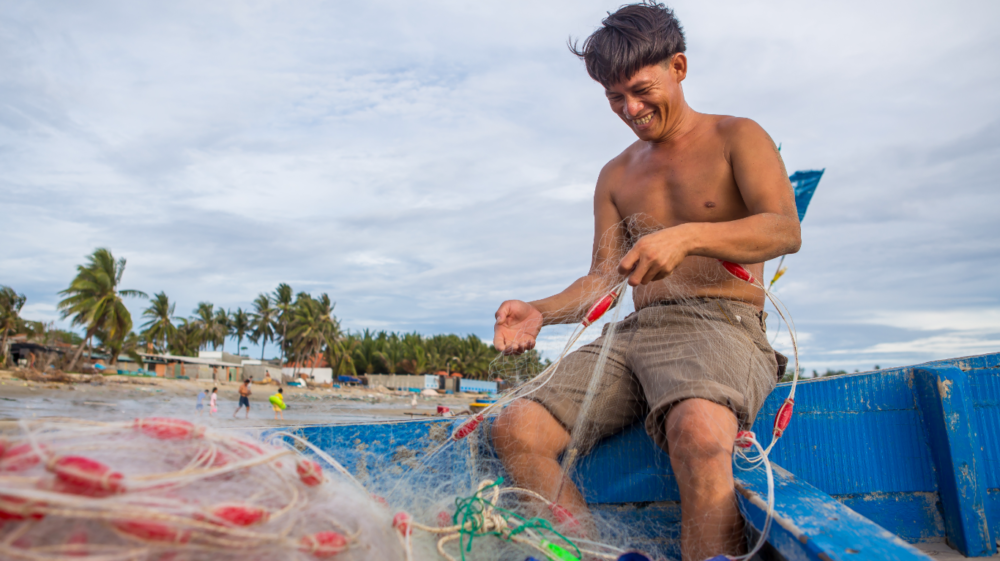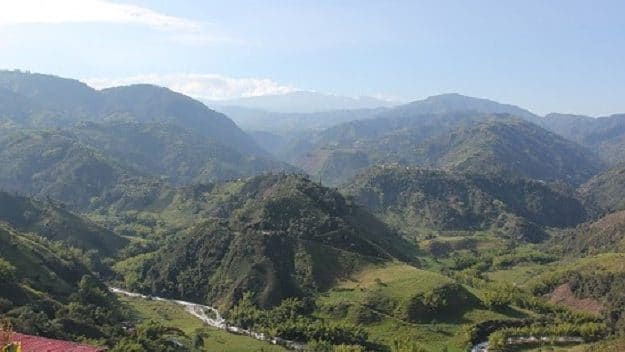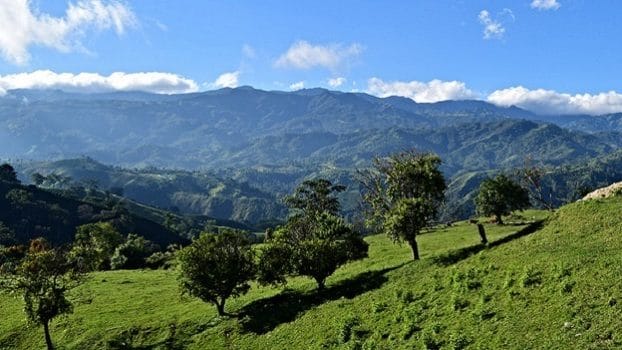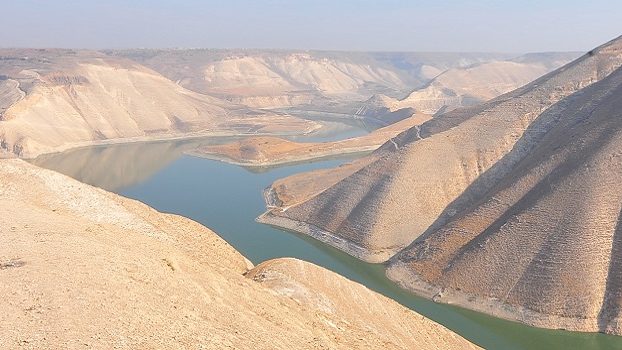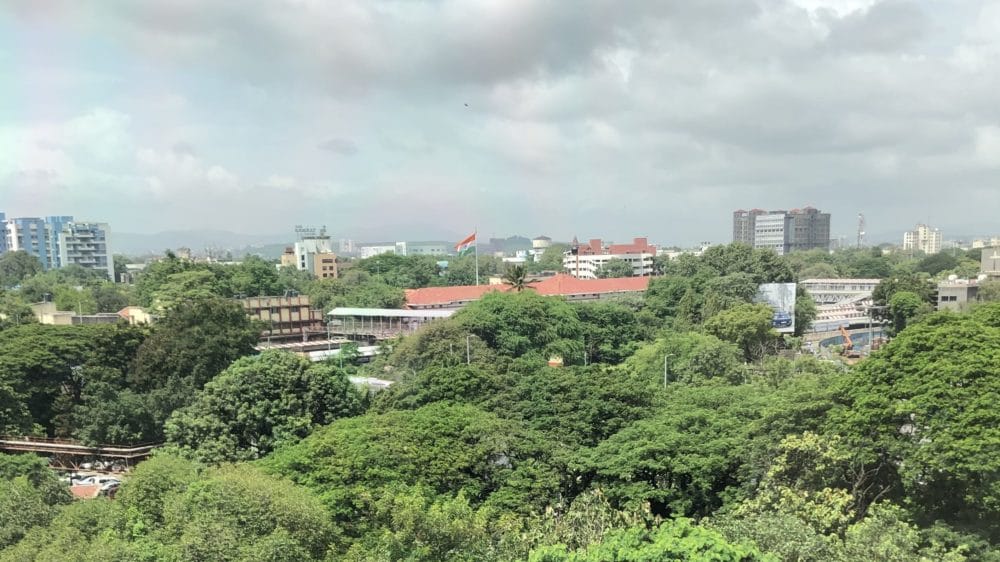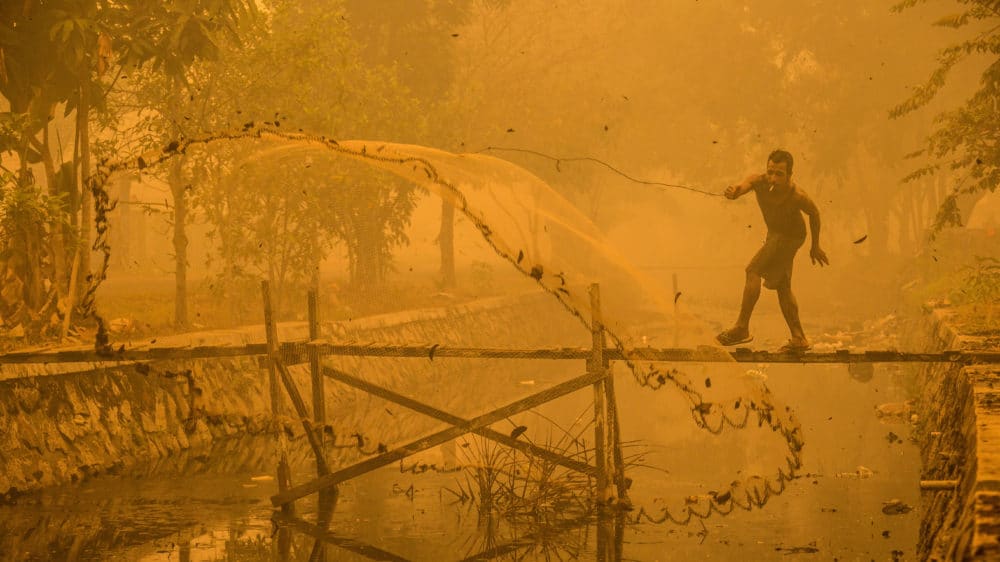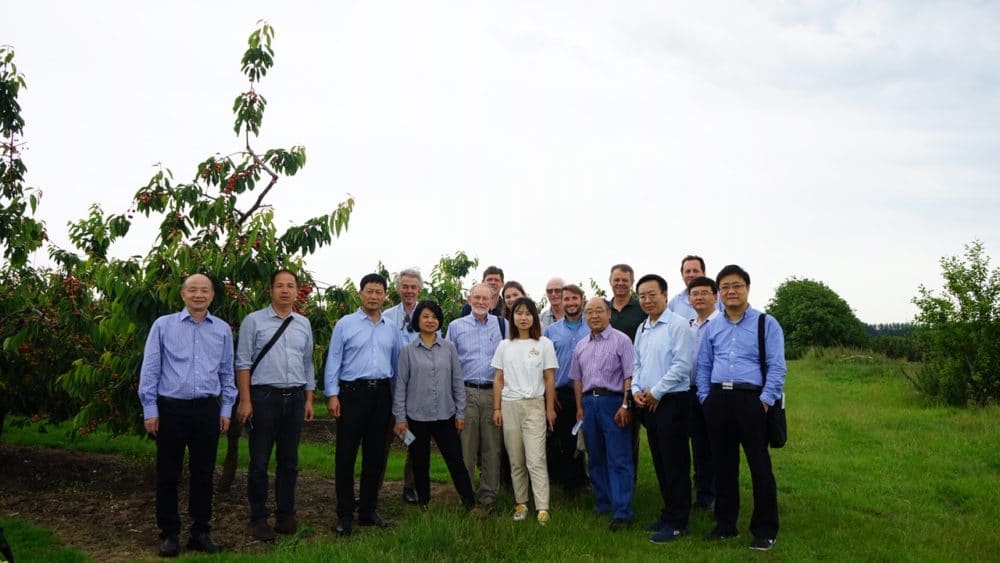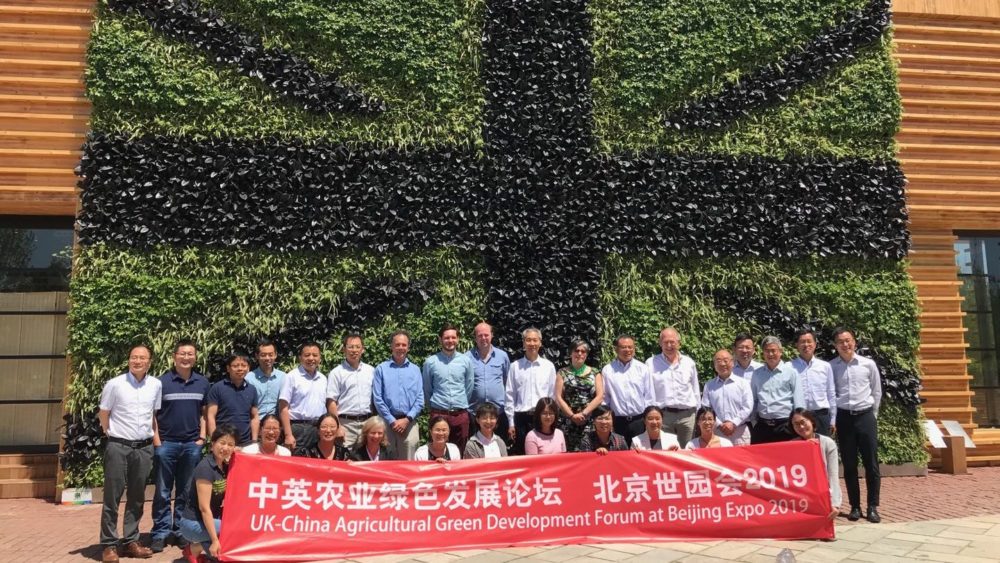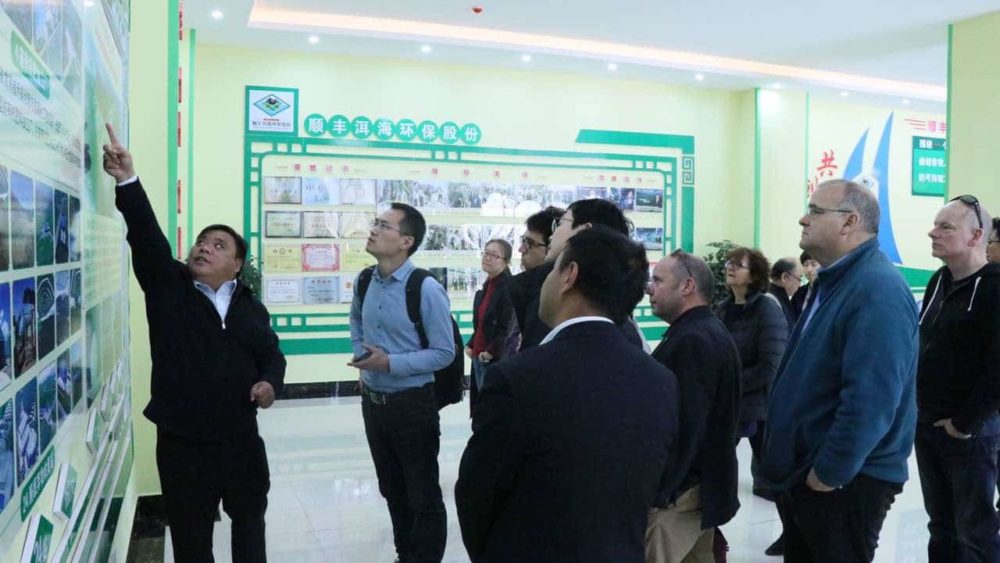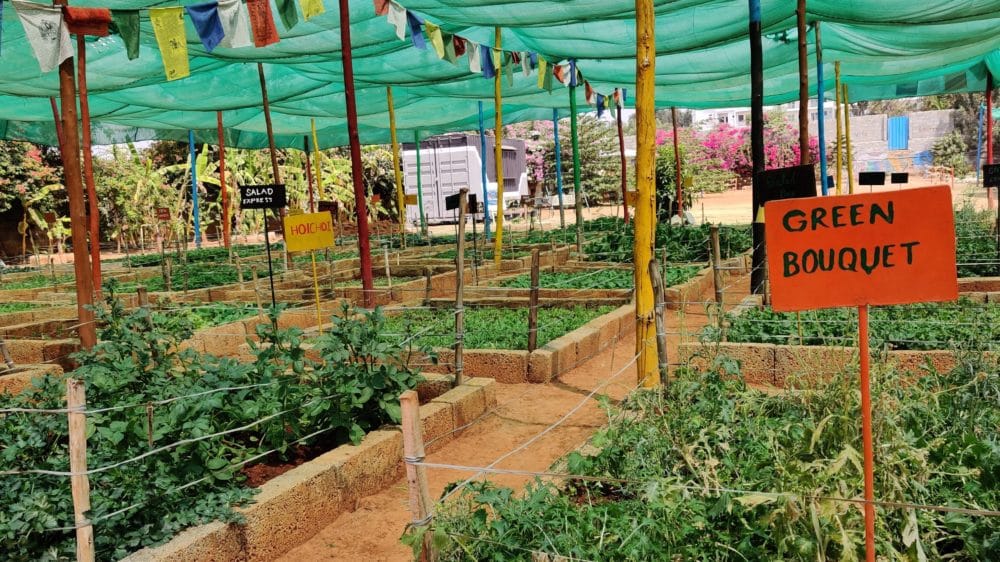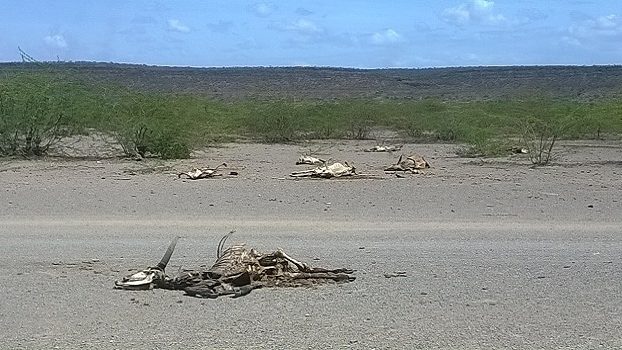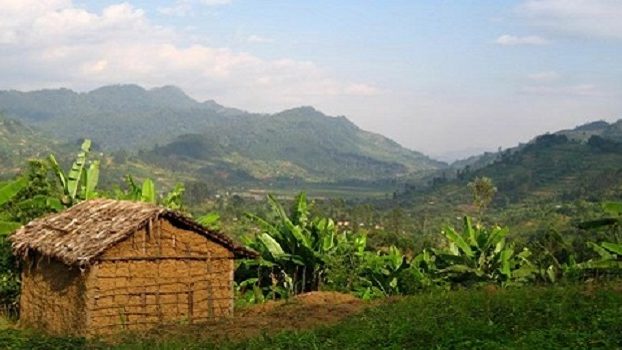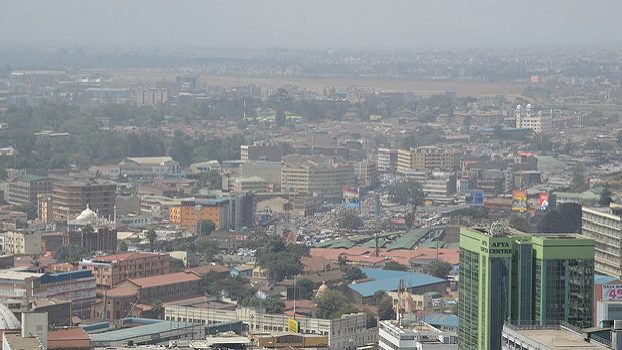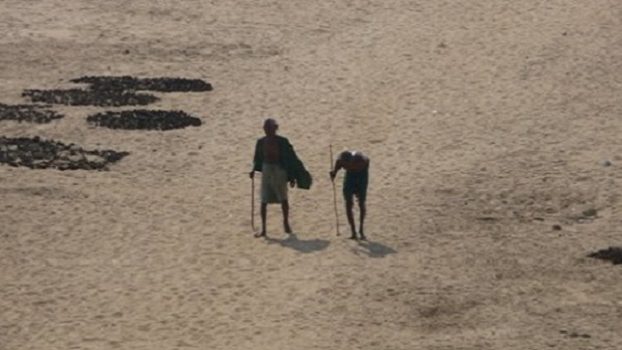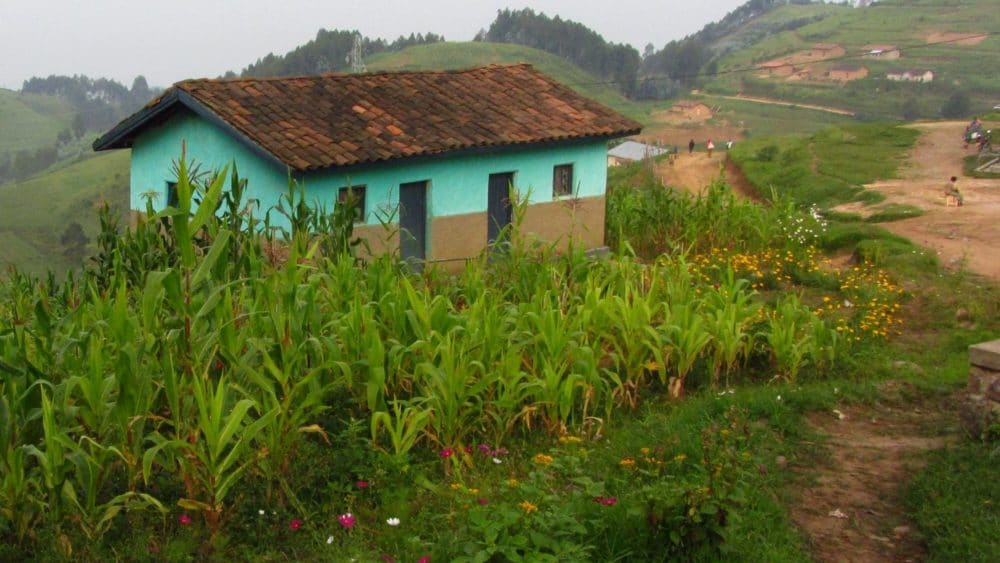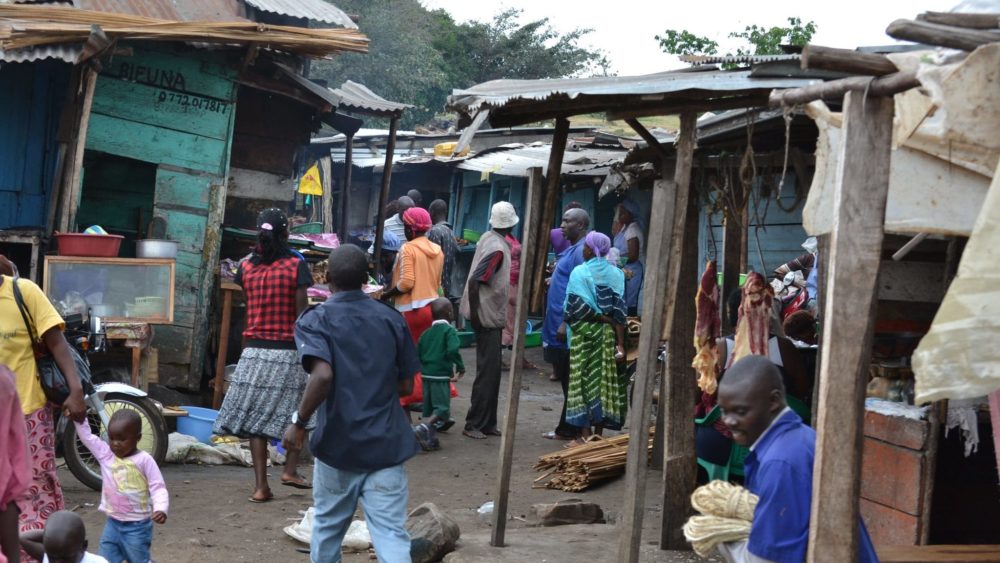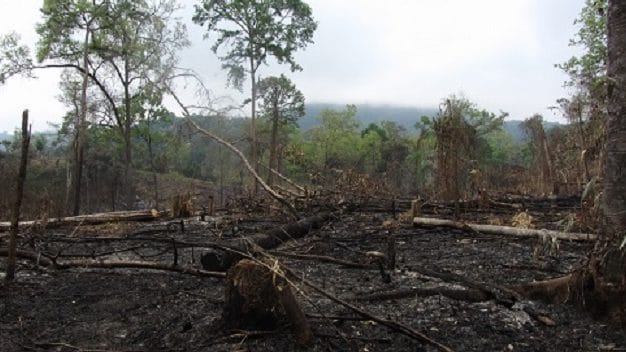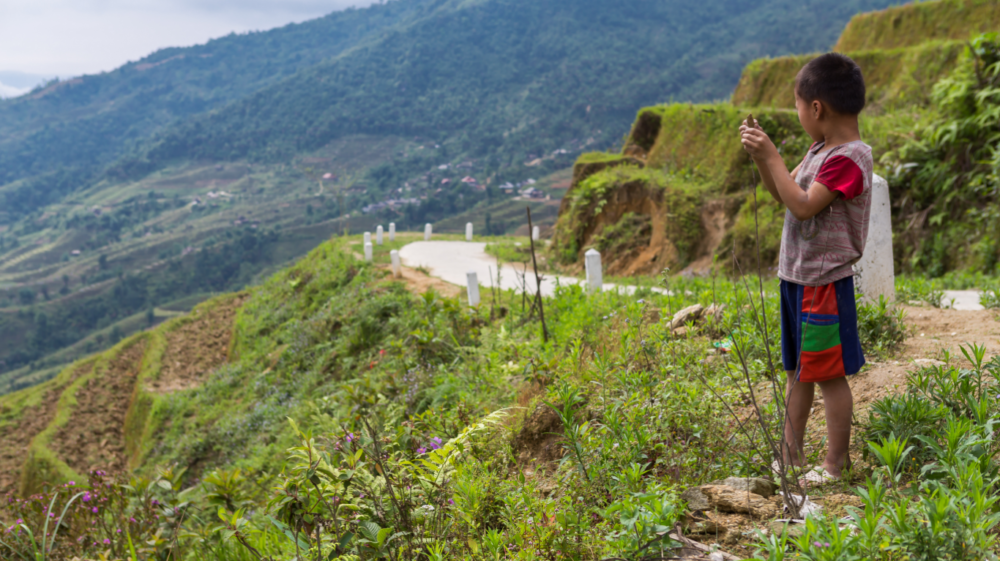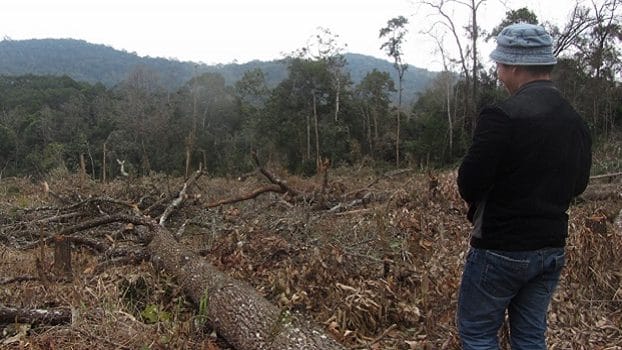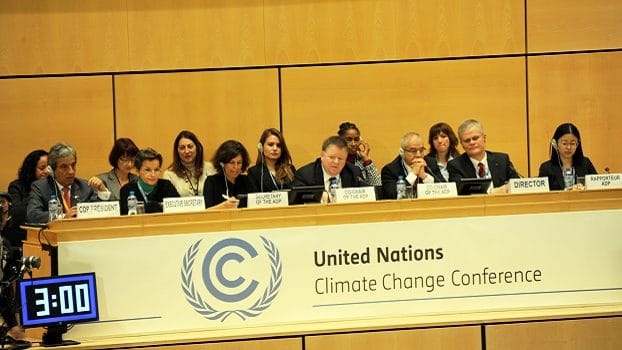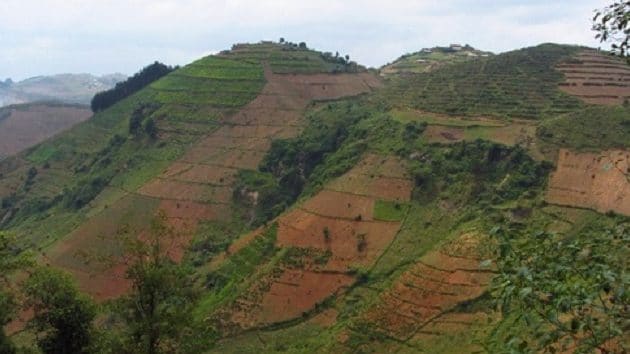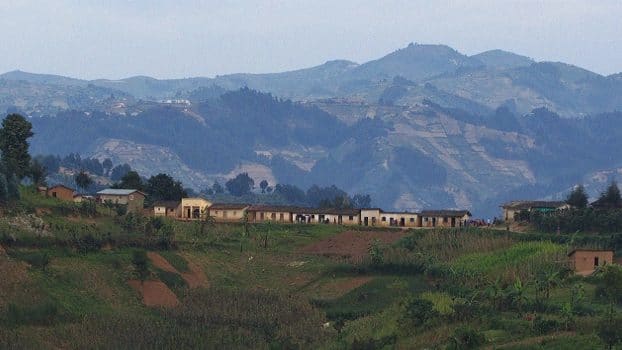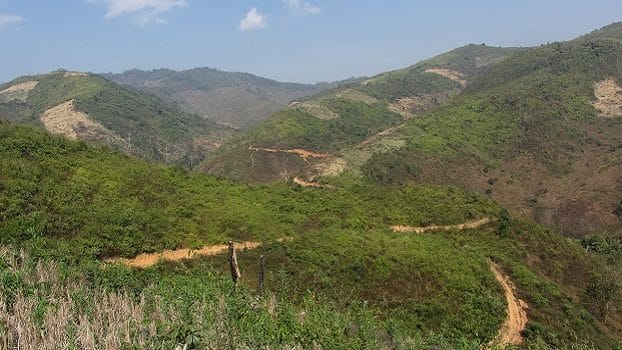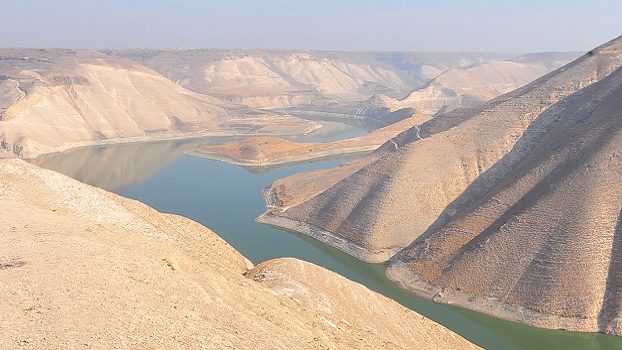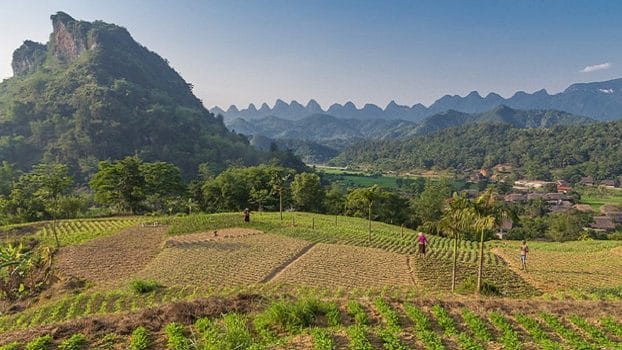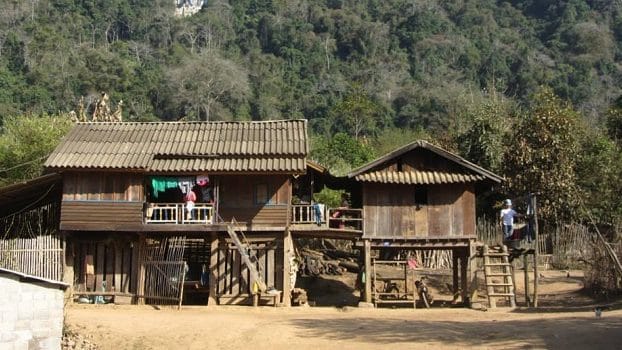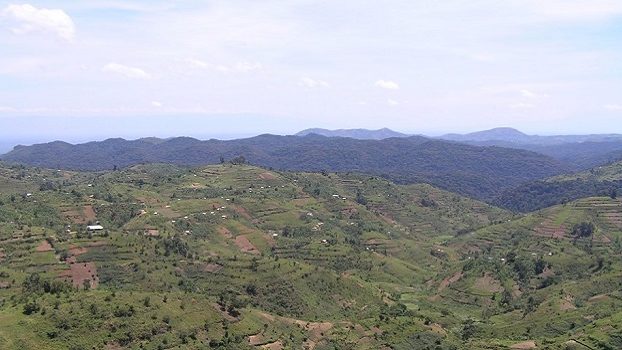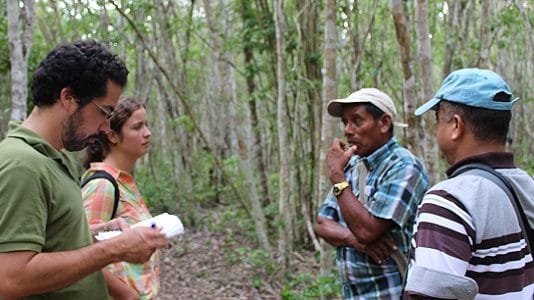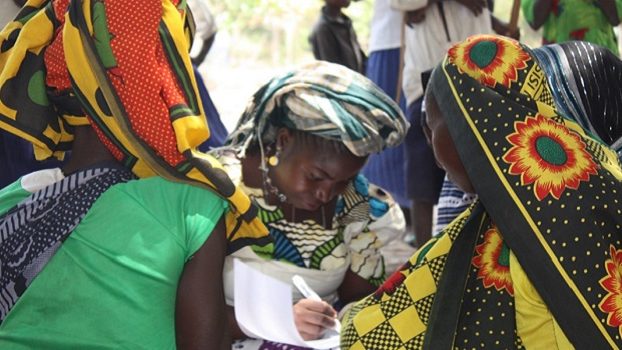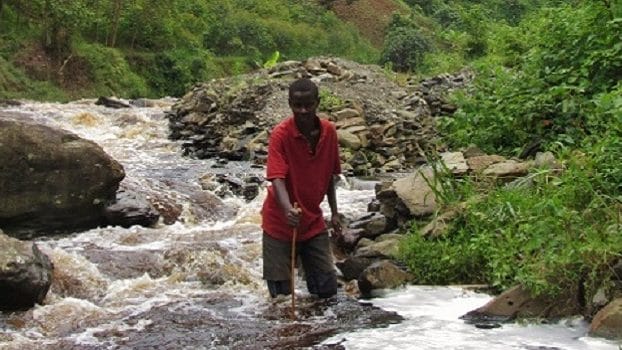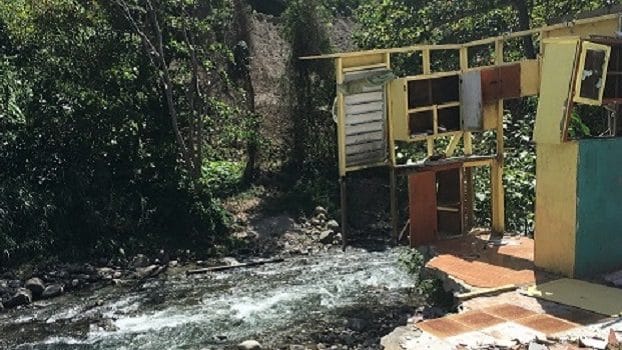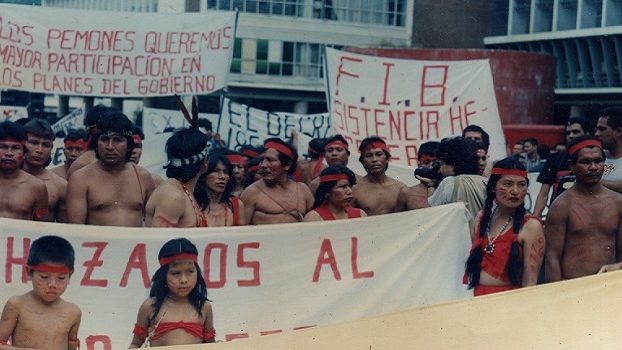Forest conservation initiatives are often driven by motives that arise at national and even global levels. These motives include the preservation of valuable resources for the national economy, the conservation of biological diversity and, increasingly, the mitigation of climate change through enhanced storage of carbon in forest biomass. Whilst conservation is largely framed in terms of such global goods, there is increasing agreement that it should not harm the rights of current people who live within or adjacent to those forests.
This research project aimed to contribute to the challenge of reconciling the objectives of forest conservation with commitments to social justice. To do so, the project carried out research to understand what environmental justice means to different stakeholder groups. What conceptions of justice are used by different local people when they make claims about the rights and wrongs of current forest governance? And how do these justice claims differ to the ideas about justice embodied in forest policies and projects instigated by government agencies and NGOs?
The project conducted research in three main case studies in China, Tanzania and Bolivia, plus a smaller piece of casework in Venezuela. In each site we researched local conceptions of environmental justice, for example what different groups of local people consider to be the fairest way of making decisions about forest management options, and what they consider to be the fairest way of distributing the costs and benefits associated with any intervention.
We conducted mixed methods research in order to gain different perspectives on how people think about justice and how they make cases about justice in private and in different public forum. Our ethnographic methods included interviews to explore private views of environmental justice, as well as observation of community events and meetings to explore constructions of environmental justice deployed in public forum. We also used Participatory Video where communities made their own films about environmental justice issues. The ethnographic methods were complemented by semi-structured interviews and experimental economic games which we used to test hypotheses about principles of justice derived from major ethical codes such as utilitarianism and rights-based justice.
KEY FINDINGS
Environmental justice for local people is often different than environmental justice for external conservation actors. Environmental justice struggles therefore occur between different ideas about what is the right thing to do.
Local and historical context strongly determines conceptions of justice and helps to explain variations in conceptions observed between countries, as well as between different stakeholder groups. We even see different articulations of justice by individuals, depending on the space in which they are interacting.
Marketisation of environmental goods changes local norms, for example tending to shift norms from pro-poor egalitarianism towards more meritocratic principles of distribution.
The norms associated with market-based approaches to conservation provide a new way of understanding conservation conflicts and help to explain our observation that conflict is an ubiquitous outcome of market-based interventions.
DEV RESEARCHERS
– Bereket Kebede
– Nicole Gross-Camp
– Iokine Rodriquez Fernandez
– He Jun

